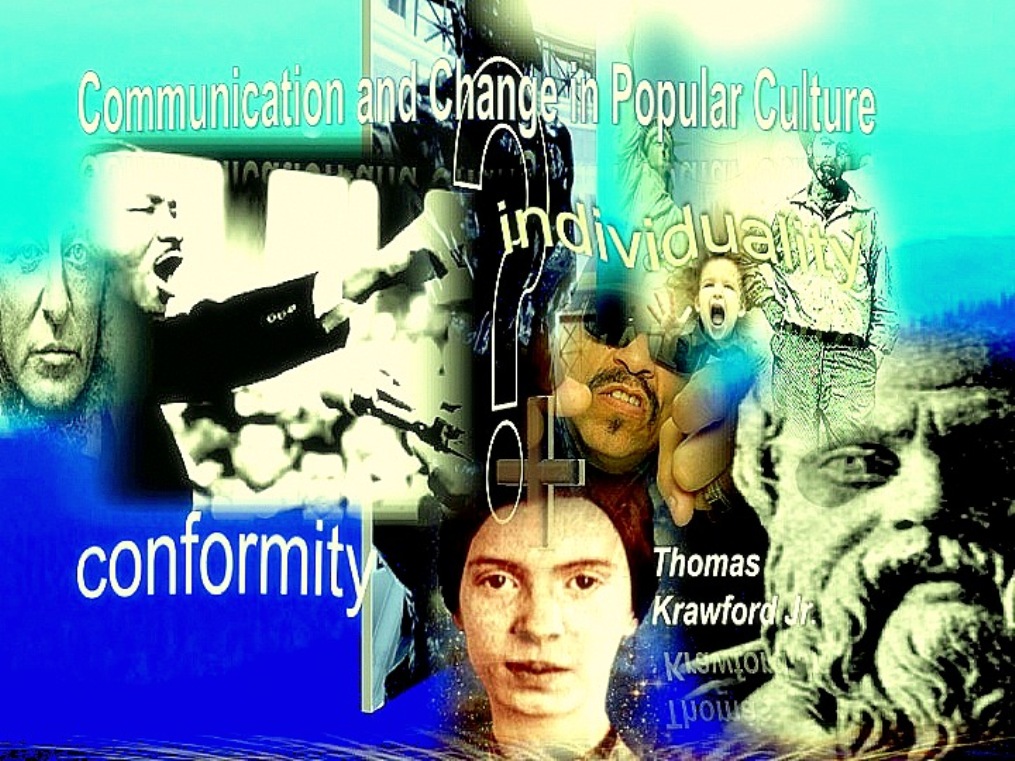Introduction
The goal of this post is to further analyze the philosophical arguments set forth in this blog according to my understanding of Symbolic Propositional Logic Notation. As we accomplish this goal, a secondary desire is to suggest a pragmatic direction towards a more mathematical representation which can be easily applied in a systems approach to Literary Theory and Criticism Education As always, all comments are welcomed and encouraged.
Lay of the Land.
In the school of symbolic propositional logic we have: five constants, p, q, r,s and t:
five operations: and, or, if/then, if and only if, and not. We also have five operational connectors:
Negation, if one then not the other;
conjunction: one and the other.
Disjunction: Either one or the other.Mutual Conditional: if one, then the other.
Bi-Conditional: One if and only if the other.
We will now apply these constructs to our current
argument for subject object interposition.
Application
When we say: "there is a necessity of error in perspective and illusion, we are employing the first operation "and" in an implied conjunction between the possibility of perspective vs. illusion, a range of which exists relative to the variable of either perspective or illusion. In this light, the classical, All men are mortal, Socrates is a man, therefore Socrates is mortal, becomes much more relevant in terms of codifying our efforts. Why?
Because now we have parsed into our framework, the binary nature of what we have argued is at once an integration of known perspective (perspective) and projected perspective (illusion). While at the same time, we have incorporated a plus/minus quasi-element of Potential Error, a Negation (<*+@-*> perhaps) as a natural descriptor of the inherent space in between either Perspective or Illusion as counter-interactional quantities within the same relational system. In other words, we are establishing P for the specific purposes of this argument.
This is how we arrive at the conclusion that the Subject =P is that which is inherent. Object=Q as probable and that which is constructed from that which is inherent on the other hand, implies a disjunction (either/ or) that relies on the material conditional set forth by P.
The way I see it then from this point we have the remaining constants of r, s and t which represent, for our purposes here, the bi-conditional connector which substantiates our conclusion that there is the Constancy of Occurrence of either in Joint, Direct or Inverse Relation to the other.
I understand that these ideas may appear to intimidate the casual observer, and I am not sure at this point, if all my logical calculations are without "error." But essentially what we are arguing is that there is an unidentified bridge between pragmatic Science, abstract Mathematics and deliberative Speech Communication and through the Symbolic Language of Symbolic Propositional Logic, which all three disciplines have in common, a new and deeper, more comprehensive understanding can be realized.
I am not going to explain the implications of this line of reasoning at this point, but if anyone chooses to comment and discuss this approach, then the reader is both welcomed and encouraged to do so at her or his leisure. Be advised I am still, only a cab driver here in Ann Arbor.
Now, to conclude this post, The Constancy of Occurrence, which we have spoke of earlier, describes a principle of Subject Object Integration which is bi conditional and truth functional but is also jointly conjunctional, Direct as disjunction and Inverse as inherent Negation. In other words, what I am asserting here is that not only is there a relationship between observable fact, interpreted meaning and actual reference, there is a predictable systematic code from which we can predict a limited range of outcomes in any given situation of Subject Object Interposition integration.
Immediate Implication
Based on the argument thus far, I propose human thought and behavior can be modeled and based on that construct shaped according to the greatest common general circumstance of subject or object occurrence to the least common individual circumstance of subject and object integration.
This assertion moves us into the realm of predicate logic which we will discuss at a later time.


+of+IMG_9264.jpg)




1 comment:
Hey anonymous,
your link does not work and by the way, since the purpose of this blog is all about X-Ray Zulu Tango Fox Trot Whiskey Delta, you will have to much much better than...trolling.
C'mon now Really!
And a note to any one else who happens to be brave enough, I ain't the sharpest tool in the drawr, but i sho' is always awful handy een uh peench?
anyone ave any good jokes?
Post a Comment